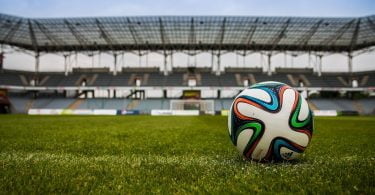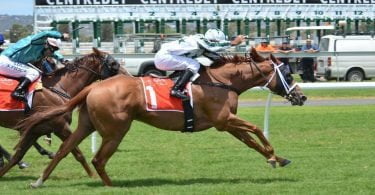In 1996 at the Atlanta Games Great Britain saw two of their most decorated Olympians Sir Matthew Pinsent and Sir Steve Redgrave secure their second and fourth gold medals respectively in the coxless pairs on Lake Lanier.
The Rise Of Team GB
Their Golds however, turned out to be the only Gold medals the Great British Olympic team would achieve those Games, their worst result since Helsinki in 1952. It was a state of emergency that led to the establishment from the Royal Charter, of UK Sport – the nation’s high performance agency in 1997.
With the organisation providing public funding from the National lottery and Exchequer approximately totalling £100 million each year, Great Britain emerged from the depths of Lake Lanier to lead arguably one of the greatest elite sport programmes ever witnessed.
Beijing was good; the nation hadn’t achieved a top 5 position in the medal table since Paris in 1924, but those Games in 2008 were just a curtain-raiser for the unprecedented success that was to come four years later, on home turf, in London.
The success in London, which brought together the nation and ensured the furore of excessive public investment was supressed for a small duration during that summer of 2012, may never be witnessed again. And behind that success, was the policy that UK Sport had developed.
No Compromise
Possibly taking note from the success of the communist Eastern bloc countries in the 1950s and later, Australia in the early 1990s, UK Sport developed a ruthless ‘no compromise’ policy purely based on the success of each individual sport.
Sports such as cycling, athletics and boxing all prospered from the policy, leading cycling to secure eight of Britain’s 29 Gold medals at the Games in London.
It was a model that David Owen, writer for Inside the Games described as “the most brilliantly successful sports programme I have witnessed.”
Not all were in favour of the policy; sports that didn’t reach targets were slashed of funding. Basketball suffered complete cuts in the lead up to the Rio 2016 Olympics, with the British Basketball chairman Kevin Routledge dismissing it, believing that talented youngsters could no longer reach their potential.

But now, UK Sport have announced that the No Compromise approach is to be reassessed, with the agency to consult key partners and the British public as to which direction UK Sport should undertake, even taking to social media to gain advice from their followers.
Are you passionate about the future of British high performance sport? We want to hear from you: http://t.co/t79Tvuh9DA #RoadfromRio
— UK Sport (@uk_sport) November 1, 2014
Liz Nicholls talking to the BBC stated that “to remain one step ahead of our closest rivals, we must evolve.” Her intentions reiterate what the general Nation would like; however evolving, with the uncertainty of which Government will be in parliament post Rio and already an apparent cutting of investment into UK Sport shows that on the surface, this will be the agency’s sternest test.
The Future for Team GB
The lead up to Rio has already been developed but what needs to be established is how Britain can maintain such a high medal focus beyond 2016, leading up to Tokyo in 2020.
There will be celebrations in two years’ time on the Copacabana beaches for those British Olympians who will inevitably make the podium, albeit slightly less than occurred in London. But the consultation that is to come could lead to a ship that capitalised on a home nations Games and a ruthless strategy to float away back into the pack once more.








